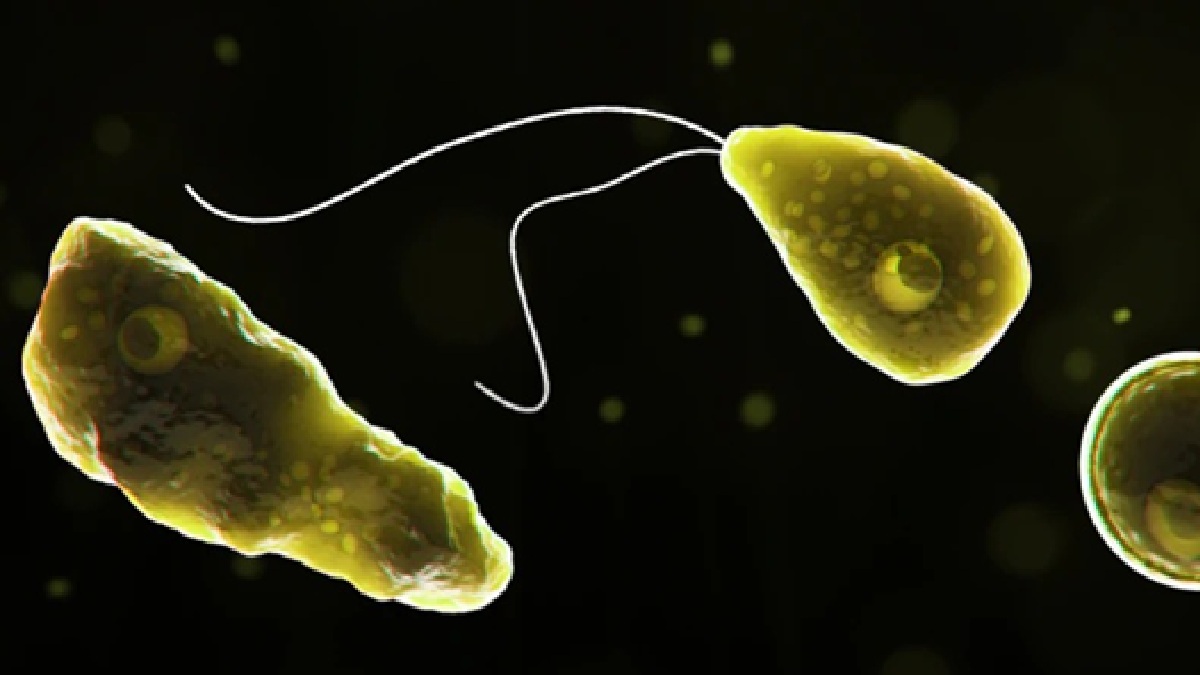- By Raju Kumar
- Wed, 20 Aug 2025 02:41 PM (IST)
- Source:JND
Kerala Amoebic Meningitis Cases: Kerala on Wednesday reported the third case of amoebic meningitis, also known as brain-eating amoeba, after an 11-year-old girl from Chelari in Malappuram district was diagnosed with the rare disease. The amoebic meningitis is a fatal brain infection.
The Third Patient Is On Ventilator
The girl tested positive in a PCR (polymerase chain reaction) test conducted earlier this week. She has been undergoing intensive treatment at Kozhikode Medical College Hospital in north Kerala. The health official said the girl is currently on a ventilator.
Among the three patients, one is a three-month-old infant and another is a 40-year-old man. All three patients are said to be in a critical condition. The 11-year-old girl was admitted to the hospital last week due to a fever.
Earlier, a nine-year-old girl from Thamarassery in Kozhikode district died due to a rare disease on August 14. She succumbed the day after admission to the hospital. She was initially admitted to a local hospital on August 13 with a high fever. Seeing no progress, she was referred to Kozhikode Government Medical College the next day, where she died.
Later, the medical examination confirmed that she was suffering from primary amoebic meningoencephalitis. The tests detected that the disease is triggered when the amoeba enters the body through the nose and infects the brain.
Fatality Rate Of More Than 97 Per Cent
Amoebic meningitis, caused by free-living amoebae entering the body through the nose and reaching the brain, progresses rapidly and carries a fatality rate of more than 97 per cent.
What Are Symptoms?
Symptoms include high fever, severe headache, nausea, vomiting, and confusion, often followed by seizures and coma.
What Are Precautions?
The Kerala Health Department has urged the public to take precautions such as avoiding swimming or bathing in stagnant or contaminated water, ensuring proper chlorination of public water sources, and using nose clips where water exposure is unavoidable.
(IANS Inputs)
